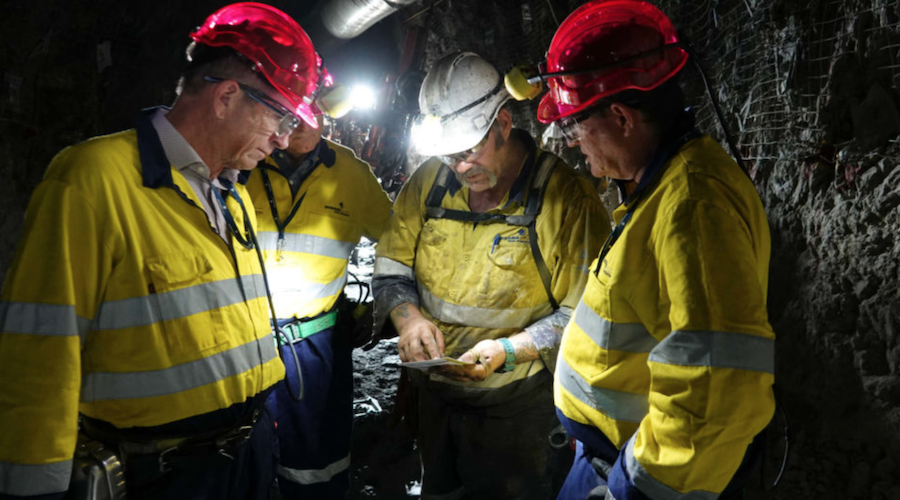Shell’s Alberta oil sands one step closer to expansion

Royal Dutch Shell’s (NYSE:RDS.A) planned expansion of its Jackpine oil-sands project in Alberta is looking more likely after a panel of federal and provincial regulators conditionally approved the move.
The group says it supports the project despite indications that the expansion would have “significant” adverse effects on the environment. The economic benefits outweigh these considerations, the committee’s report summary indicates.
“The Panel considers these effects to be justified and that the Project is in the public interest,” the summary reads.
The regulators’ 400-page report includes 88 recommendations to federal and provincial governments and 22 conditions for Shell.
Throughout the review process the committee studied the project’s environmental impacts and found that expansion would disturb wetlands, old-growth forests, traditional plant potential areas, wetland-reliant species at risk, migratory birds and biodiversity. Aboriginal traditional land use would also be affected.
The report noted that the energy giant did not propose or support the use of conservation offsets in its application. Therefore the panel advises that the Alberta government mandate the use of these conservation initiatives.
In 2011 Shell Canada launched its own environmental project, purchasing a 1,820 acres of boreal forest for biodiversity conservation.
Included in the conditions is a requirement that the oil company have no fluid tailings at the end of the mine’s life.
The regulatory body has been assessing Shell’s proposal since 2011 and will submit its report to federal and provincial governments for further review.
The application, which has been under review since late 2007, would increase bitumen production by 15,900 cubic meters per day at the mine site located 70km north of Fort McMurray. Current daily production of the crude is about 31,800 cubic meters.
Creative Commons image by: Aske Holst
More News
{{ commodity.name }}
{{ post.title }}
{{ post.date }}

Comments